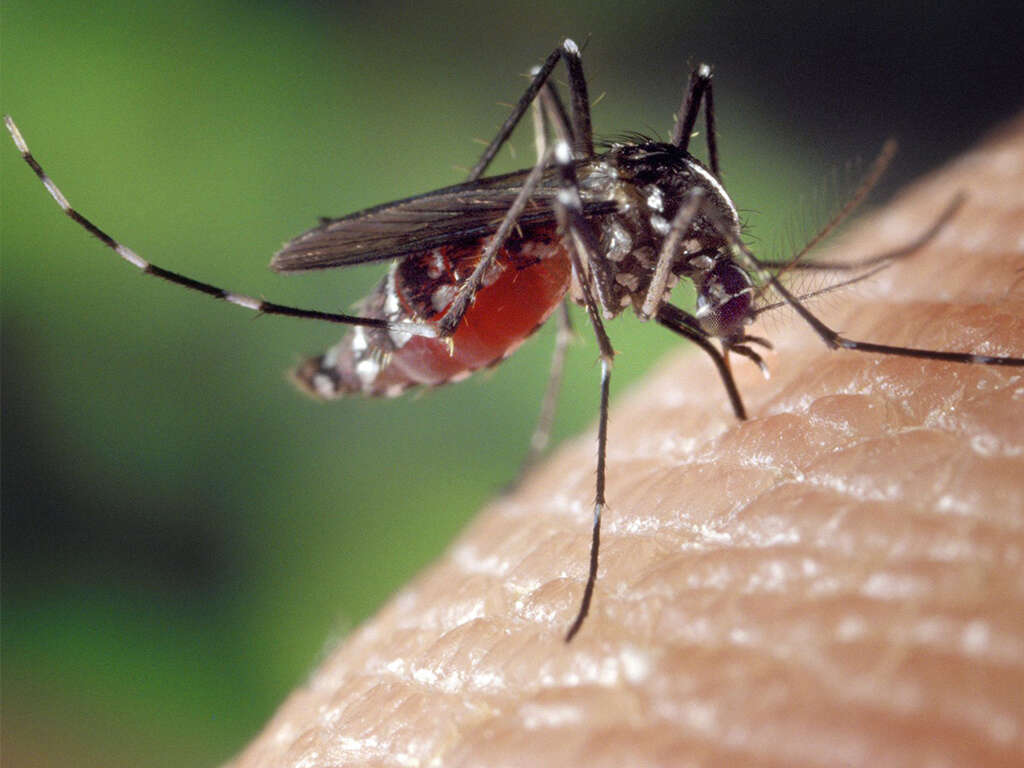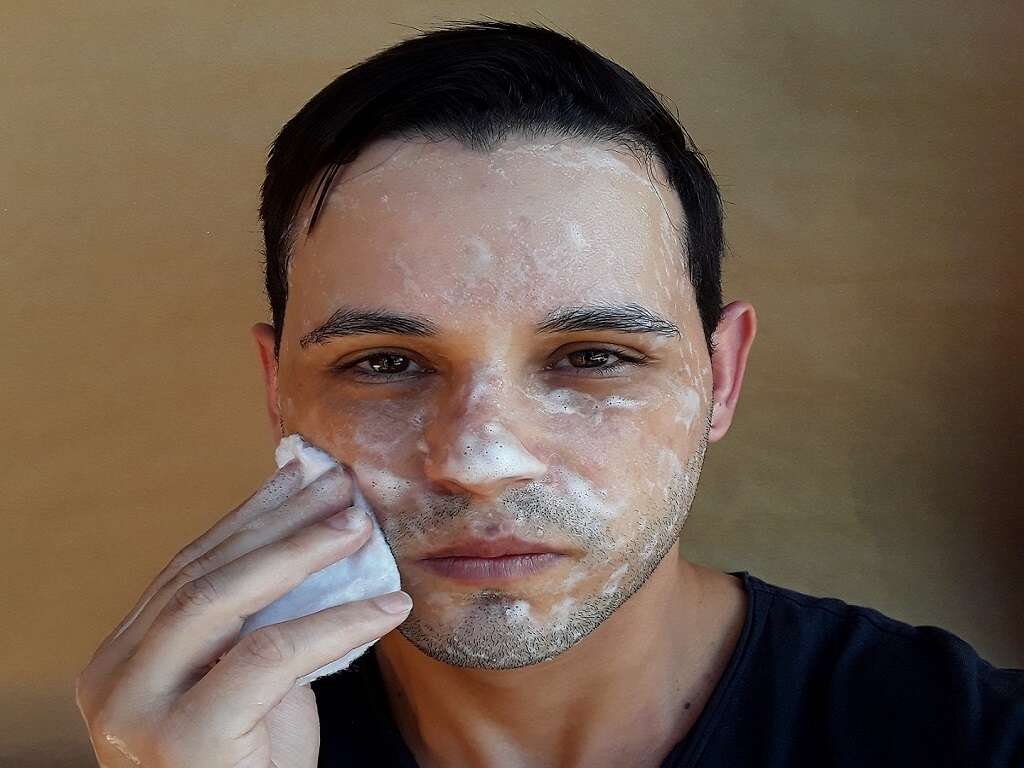10 Dengue Fever Symptoms
Dengue fever is caused by one of the four dengue viruses. It is spread by a certain type of mosquito. One interesting thing about the dengue viruses is that once you’re infected with one of them, you will become immune to that virus for the rest of your life. You will remain vulnerable to the other three, but you will not be able to get infected by the one that you’ve already suffered through.
People living or traveling through tropical areas are most likely to get dengue fever. The fever is quite common worldwide, with about 400 million cases reported on a yearly basis. The problem doesn’t usually occur in the United States, but infection is becoming more common in the southern regions of Texas. You can only get this disease from a mosquito that is carrying the virus. You won’t be able to get it from another person, so there is no worry about caring for someone who has dengue fever.
If you’re worried that you or someone that you care about is developing dengue fever, the first thing that you should do is observe the symptoms (unless they’re already quite serious, in which case you should get to a hospital). Dengue fever symptoms don’t usually show up for anywhere from 4 to 7 days after being bitten, so be wary even if you have no symptoms. The most common symptoms that occur are as follows. Many of these symptoms are quite similar to those of a common flu and can last for around ten days. Other symptoms are more serious and uncomfortable than common flu symptoms.
Symptom #1: Fever
As indicated by the name, dengue fever is often accompanied by a fever. However, these fevers can actually grow to be a lot more intense than common fevers attributed to a regular flu. Most normal flus and colds don’t cause a fever of more than 101 degrees.
The fever of someone experiencing dengue fever can reach up to 106 degrees. This is very high and will feel quite uncomfortable. Fevers generally occur when the body is attempting to rid itself of a bacteria or another pathogen. By raising the body’s temperature, the immune system makes it easier to attack and destroy invaders.
Symptom #2: Headaches
Another symptom commonly attributed to dengue fever is a headache. These headaches can vary in their intensity but they are often known for being quite severe.
The headache is usually accompanied by some of the other symptoms on the list and can last for quite a long time. Some people report having experienced at least some relief by using regular NSAIDs to help them manage their headache.

Symptom #3: Swollen Lymph Glands
The lymph glands are located in many areas of the body, but the easiest ones to locate are those on the neck and on the head. If these lymph nodes become infected, it might be uncomfortable, but it’s also a good sign. This shows that your lymphatic system is actually operating correctly.
Your lymph system is an important facet of your immune system and works to help rid your body of pathogens and other invaders.
Symptom #4: Joint Pain
Another symptom that occurs quite often in people who are suffering from dengue fever is pain in the joints.
This can make it difficult to maintain a proper range of motion and can inhibit your ability to perform daily tasks. Some people experience mild to moderate relief from taking NSAIDs.

Symptom #5: Muscle Pain
Not everyone experiences joint pain when they have dengue fever. Those who don’t may instead experience muscle pain.
This pain, which settles deep into the muscle tissue, can be quite severe and can make it uncomfortable to stay awake.
Symptom #6: Skin Rash
Another one of the most common symptoms attributed to dengue fever is a skin rash that can appear on various parts of the body.
The rash, which tends to not show up until between 2 and 5 days after experiencing your first fever, is one of the easiest ways to determine whether or not you’re suffering from dengue fever.

Symptom #7: Nausea
Nausea is an unsettling feeling that affects people for a number of reasons. It can occur when you have ingested something unhealthy or when you’re sick.
It’s usually a sign that your body has something in it that it needs to expel, and thus nausea is often frequently accompanied by vomiting.
Symptom #8: Bleeding From Soft Tissue
Dengue fever affects the body’s ability to manage its blood, and for this reason it’s relatively common for someone to experience bleeding from the soft tissues of the body like the gums or the nasal passageway. This can lead to symptoms that appear like gingivitis and frequent nose bleeds.
Taking medication or herbal supplements that improve the body’s ability to clot blood, such as gotu kola, can help reverse these symptoms.

Symptom #9: Skin Bruising
Another symptom that is quite common for people suffering from dengue fever is bruising on the skin. Bruises are much more likely to appear if you bump something when you have dengue fever, and in some cases they can appear when you don’t even injure yourself.
This is, again, because the body’s ability to clot its blood is impacted when you are suffering from dengue fever. This makes it easier for blood to flow, however, it also makes it harder for the body to contain blood at the sites of injuries like bruises. This makes them occur more often and last for longer.
Symptom #10: Mild To Severe Vomiting
Another symptom common not just to dengue fever, but to many forms of fever, is vomiting. Most of us are familiar with the sensation of heaving everything out of our stomach. Patients with dengue fever will, unfortunately, become reacquainted with this unpleasant experience.
Vomiting occurs when the body is attempting to expel something that is unhealthy for it. In the case of a fever, the body knows that there is something dangerous inside of it and attempts to get rid of it in any way possible. This can lead to vomiting and diarrhea.








